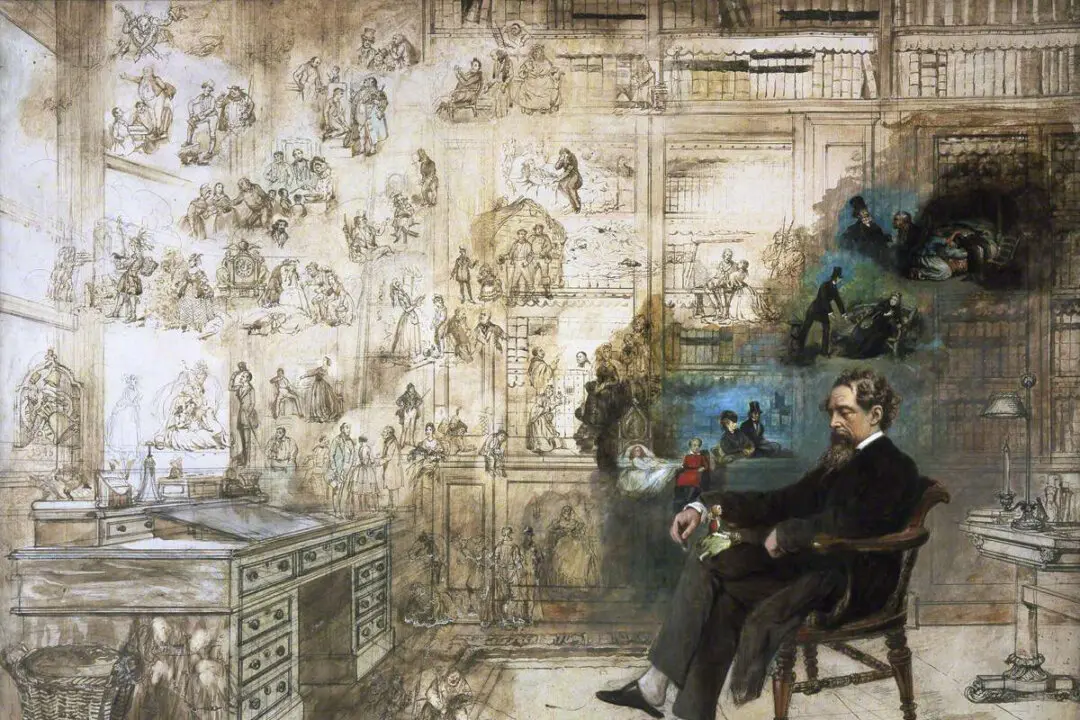Over the centuries, humans have adorned themselves with gold and precious stones. Yet this decoration brings no happiness unless we also gild our souls with virtue.
In his short story “The Happy Prince,” Oscar Wilde shows us that when we adorn our souls with virtue and selflessness, we not only inherit redemption, but we also gain true happiness.






